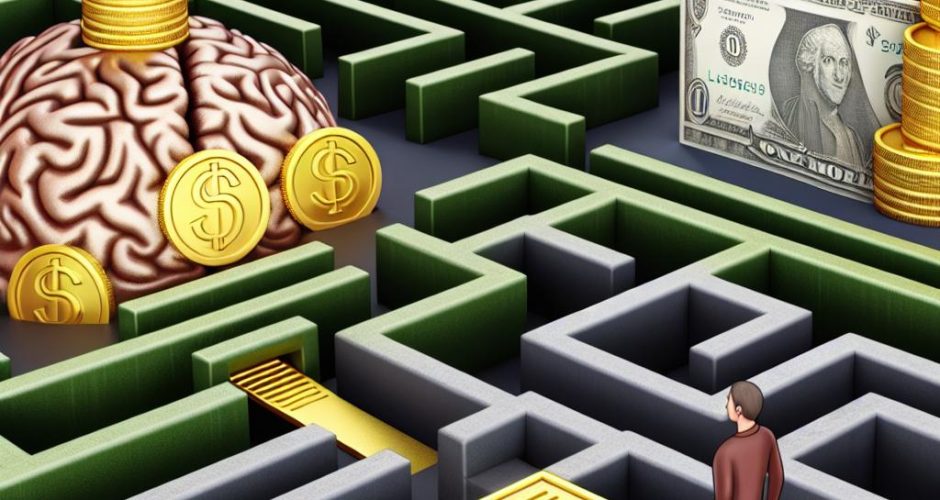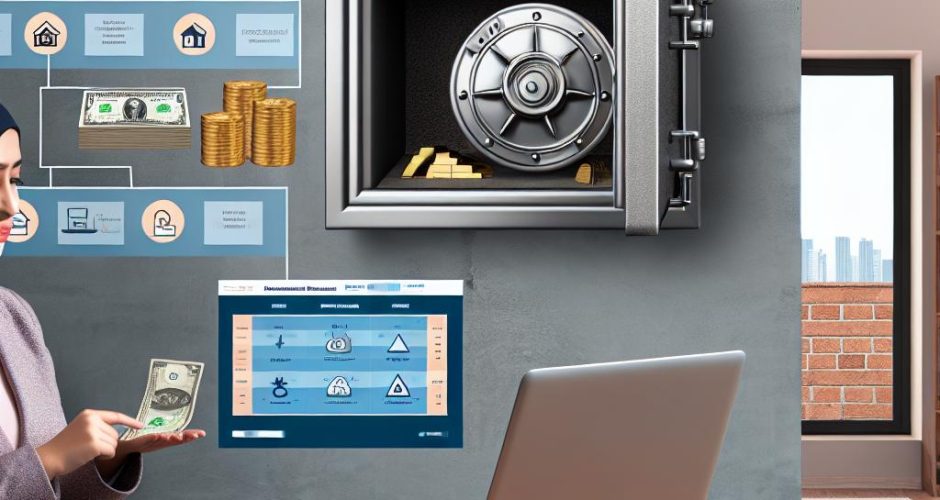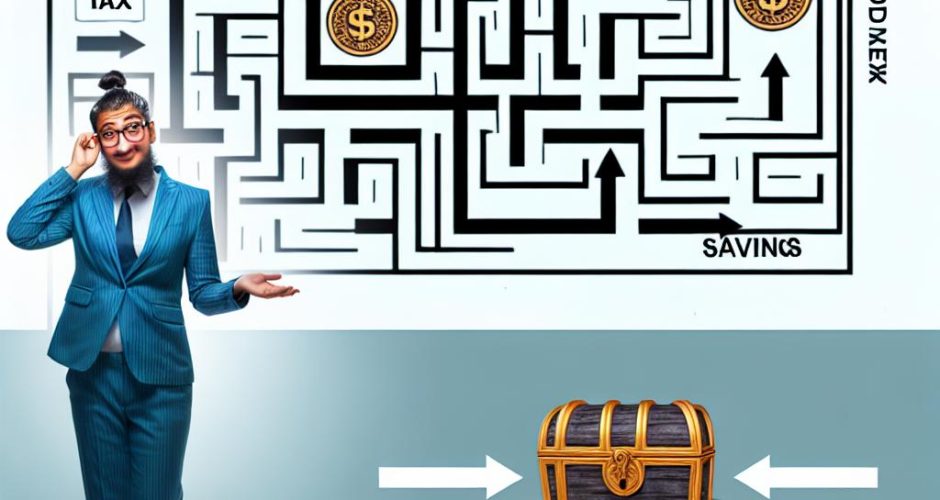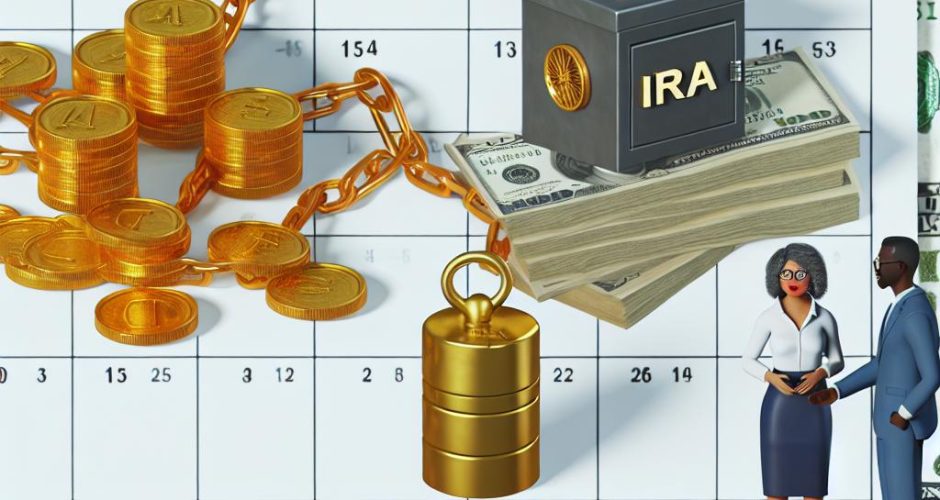The Concept of Financial Literacy
Financial literacy refers to the understanding and application of various financial skills, including personal financial management, budgeting, and investing. This competency is crucial, as it empowers individuals to make informed and effective decisions with their financial resources.
The Importance of Financial Education
Proper financial education enables individuals to navigate complex financial markets and products successfully. Without this foundational knowledge, people may struggle to achieve key life goals such as buying a home, funding an education, or retiring comfortably.
Understanding the nuances of financial literacy can provide multiple avenues for personal and societal benefits. For individuals, it means having the tools and character to effectively manage resources and confront various economic scenarios. Moreover, as individuals gain financial skills, society at large benefits from a more informed and proactive populace.
Budget Management
Budget management stands as a fundamental aspect of financial literacy. It involves planning and tracking income and expenses meticulously to prevent overspending and promote saving. An effectively maintained budget can help individuals remain within their means while paving the path for long-term financial stability. By keeping track of their finances, individuals can make conscientious decisions about their spending, ensuring expenditures align with their financial goals and responsibilities.
Budgeting acts as the cornerstone for all financial planning, allowing for the allocation of funds towards necessary expenses, savings, and emergency funds while limiting discretionary spending. A well-documented budget provides a roadmap that can safeguard against financial pitfalls and provide clarity on current and future financial situations.
Debt Management
Effective debt management is another critical component of financial literacy. Understanding various types of debt, such as student loans, mortgages, and credit card debt, is essential for managing repayments effectively and avoiding high-interest traps. This comprehensive understanding is vital to maintain a good credit score, impacting multiple aspects of financial life, including loan approvals, interest rates, and rental agreements.
Delving into the specifics of debt management, it becomes apparent that knowing when and how to borrow is just as essential as understanding repayment. Responsible debt management prevents financial deterioration and sets the foundation for developing a strong financial reputation, opening doors to advantageous credit opportunities in the future.
Saving and Investing
Saving and investing are essential activities for building wealth over time. Financial literacy encompasses the knowledge of how to evaluate the risk and return potential of different investment options. This awareness aids individuals in capital growth and ensures they are prepared for both unexpected expenses and retirement.
In the realm of investing, understanding the balance between risk and return helps individuals make strategic decisions. Whether it’s choosing between stocks, bonds, real estate, or mutual funds, assessing one’s tolerance for risk and aligning it with investment goals is paramount. Properly leveraging investment vehicles can lead to significant capital appreciation and progressively advance an individual’s financial position.
Retirement Planning
As lifespans increase, retirement planning has become increasingly important. Financially literate individuals are better able to calculate their retirement needs and effectively utilize tools like employer-provided retirement plans and individual retirement accounts (IRAs).
The ability to project future financial circumstances, adjust for inflation, and account for potential medical expenses underscores the value of retirement planning. It’s a dynamic process that demands ongoing evaluation of savings rates, investment strategies, and potential retirement dates. Through diligent planning and informed decisions, individuals can secure a financially stable retirement, enjoying their golden years without the stress of financial uncertainty.
The Broader Economic Impact
On a broader scale, financial literacy can contribute significantly to economic stability. Educated consumers, armed with the ability to make savvy financial choices, lead to healthier spending patterns and reduce the risk of economic crises. When consumers understand financial products and markets, they tend to make informed choices that support economic growth and stability.
Policies and educational programs promoting financial literacy can have wide-scale benefits by cultivating a committed group of conscientious consumers. Informed citizens can participate more effectively in the economy, whether through investments, prudent borrowing, or strategic saving, driving economic growth and contributing to social prosperity.
Financial literacy also helps mitigate the effects of economic downturns. Knowledgeable individuals and families are better prepared to weather adverse economic conditions by leveraging savings, rearranging budgets, and adjusting spending habits according to economic demands.
Ultimately, financial literacy serves as a cornerstone for long-term success. By acquiring and applying financial knowledge, individuals are better positioned to achieve both personal and economic goals. Understanding financial principles enables individuals not only to improve their own financial well-being but also to contribute positively to economic stability and growth. A society enriched with financially literate individuals is one that supports innovation, prosperity, and resilience in the face of economic challenges.










